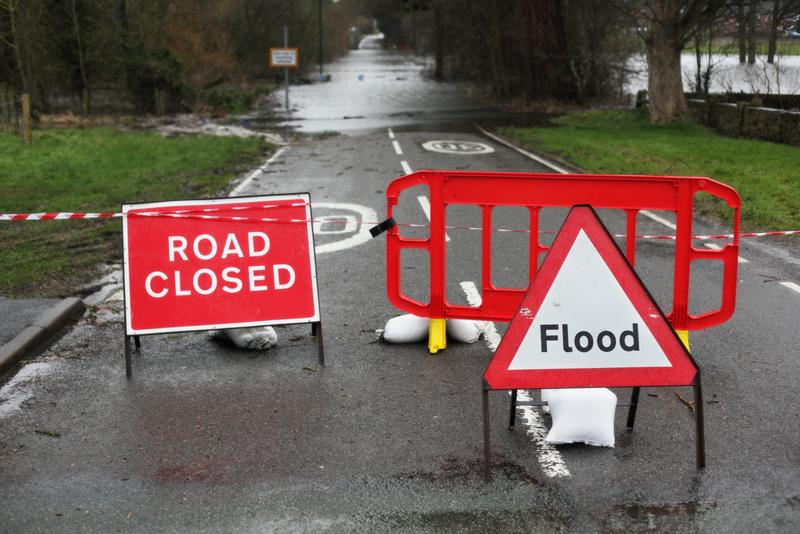Man-made downtime has become a bit more common of a threat of late, as lackluster management of IT and general operations will tend to yield vulnerabilities that can then cause disruption. However, because more companies are migrating to cloud computing environments, these particular issues are being mitigated more proactively among firms that have effectively outsourced their recovery, maintenance and continuity demands.
However, natural disasters have not become less common in the past few years, instead intensifying in many parts of the country and abroad, and a wealth of businesses remain unprepared to get through one of these events. Regardless of which industry or region a company might be competing within, the need to mitigate natural disaster-related threats proactively will remain high for years to come.
Insurance provider speaks out
Builder Online recently reported that roughly one quarter of the organizations that are faced with a natural disaster will not overcome the challenges and damages they experience in the wake of the event, and this is a sign that more needs to be done by way of recovery and continuity planning. Remember, the solutions necessary to help to seamlessly move on after a major disaster are readily available in the form of managed services, cloud backup and similar solutions.
According to the news provider, Jay Shelton of an Illinois insurance brokerage argued that business leaders will first need to understand the risks that they face, as well as which technologies and services can help to affordably reduce their threat of downtime. Business leaders will always want to keep their plans as closely aligned to unique and specific needs as possible, as each company, and even each individual department therein, will vary in terms of demands and requirements.

The source went on to cite Shelton's recommendations to always test the plans and solutions in place, as well as the employees who are tasked with upholding the various components of recovery and continuity plans. Finally, Builder Online noted that home building firms are notoriously under-prepared to handle a major disaster as it does not often strike owners as a necessity, but that these companies and virtually all others must pay mind to these matters early and often to avoid major financial and operational disruptions.
The brass tacks
At the end of the day, businesses will get what they give in the realm of disaster recovery and continuity, as a flippant or half-hearted commitment to these plans will rarely yield resilience to major events. Keeping in mind that the average cost of downtime is already in the hundreds of thousands of dollars for outages that last only a matter of hours, it should be clear why preventative and persistent management of these responsibilities is so important.
Small business owners who are not entirely comfortable with their own abilities to craft and execute these plans, nor manage the technology involved, should always look toward a reliable managed service provider to get the job done right.
